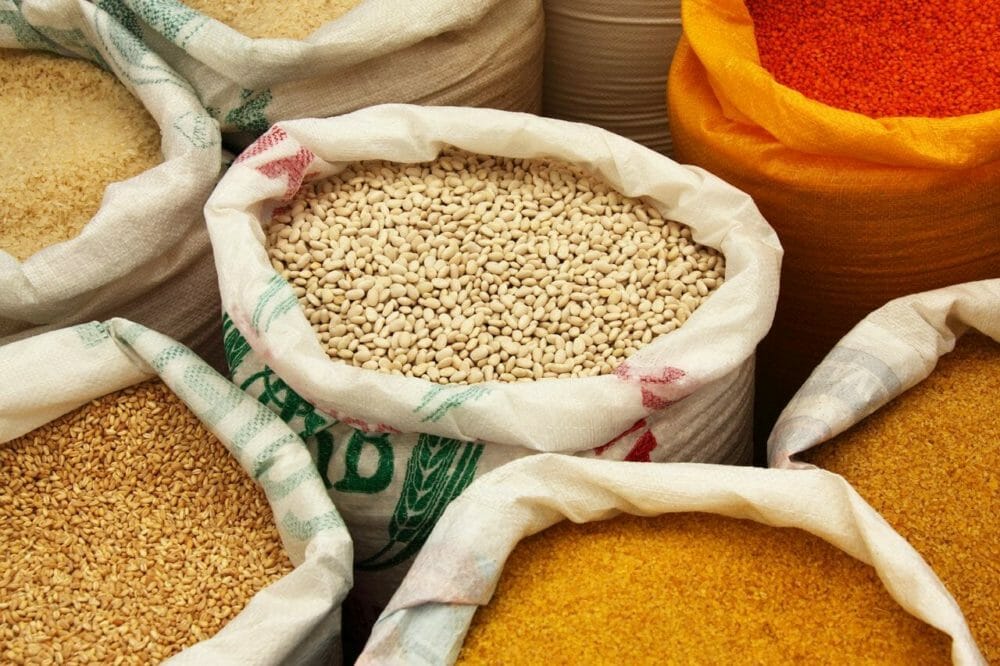Agribusiness giants Cargill and Agrocorp have completed a groundbreaking grain deal that provides a taster of how cross-border food commodity trading could become much faster and more frictionless in the future.
Tapping into Hyperledger Fabric – an open-source blockchain technology – US-based Cargill was able to complete the sale of a consignment of wheat worth $12 million to Singapore’s Agrocorp in a matter of hours, compared to the several weeks normally required for such a process.
Blockchain tech could prove particularly useful for keeping supply chains open in conditions like those brought on by the Covid-19 pandemic, given its ability to effectively remove many of the physical touchpoints typically associated with the foodstuffs trade.
The shipment between North America and Indonesia was settled on April 1. Participating in the transaction alongside Agrocorp and Cargill were Dutch financial services provider Rabobank, Singaporean ship owner Amarante, and shipping agent Transmarine.
Usually, trading a large amount of grain from one country to another is a complex, time-consuming process. Even when two parties have agreed to do a deal, there’s still plenty of work that needs to be done – quality control, shipping, and customs clearance, to name just a few of the steps. The transaction also needs to be financed by banks that can put up the cash.
That means that any one trade is likely to involve a lot of players, and a lot of moving parts. Distributed ledger technologies like blockchain have the potential to streamline this process because they are considered to be secure by design, increasing trust and traceability with regards to data they store – including information from trade documentation such as letters of credit, waybills, bills of lading, and other contracts.
Providing the Hyperledger Fabric platform for the trade was DLTledgers. The Singapore-based startup builds blockchain solutions for supply chain purposes and received $2.5 million in seed funding from US venture capital firm Walden International last July. It claims to have executed transactions worth over $2.1 billion since launching in 2017.
DLTledgers’ platform “provides a repeatable framework for end-to-end digital trade executions, digitalizing the document and trade execution process [and creating] a shared, immutable record of the transaction – a single source of truth for all parties,” the startup said in a statement.
According to Rabobank, “consensus-driven smart contracts” enabled by the platform cut the time it would’ve spent processing documents for this particular trade by more than half.
“The lunacy of blockchain” drove commodities veterans to launch a new technology association. Read about it here.
Agrocorp – one of Southeast Asia’s largest food commodity traders – was one of DLTledgers’ earliest clients.
“We have been engaging in digital trade execution using blockchain for over 18 months now and have been able to increase efficiency internally and externally,” said Abhinav Vijay, sustainability manager at Agrocorp. “Considering the current world climate and the logistical challenges to move physical documents around the globe, this is just a start and we hope to execute more trades via the platform in the near future.”
Jennifer Davidson, trade execution lead at Cargill, said the US company sees the transaction as “the latest example of how working together and using technology to solve challenges can improve trade, as well as traceability, food safety, [and] nutrition.”




